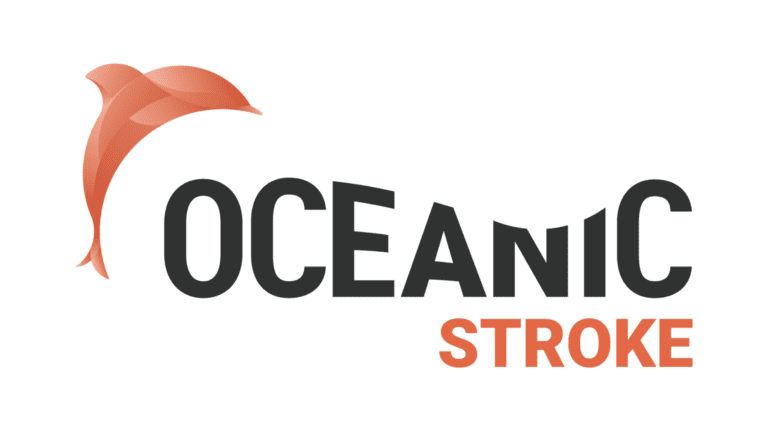What do leading American business magazines, Forbes and Inc., the UK newspaper, The Independent, and millennial website, Mental Floss, have in common?
They were among the international media who recently focused on PHRI-led research on sleep and cardiovascular health and mortality – namely the fact that sleeping too little, or too much could be a sign of risk for CVD.
Findings published in the European Heart Journal [open access to the full paper] this week were based on data from 116,632 people from 21 countries as part of the PURE study.
The most surprising finding appears to be the fact that sleeping between nine and 10 hours a day (including any naps) had an increased risk of 17%, and sleeping more than 10 hours a day carried a 41% increased risk of cardiovascular disease or death.
The research paper’s first author, Chuangshi Wang, who is a PhD student at McMaster University and Peking Union Medical College, Chinese Academy of Medical Sciences, said “Our study shows that the optimal duration of estimated sleep is six to eight hours per day for adults.”
One of her coauthors, Dr. Salim Yusuf, told The Independent: “For doctors, including questions about the duration of sleep and daytime naps in the clinical histories of your patients may be helpful in identifying people at high risk of heart and blood vessel problems or death.”



